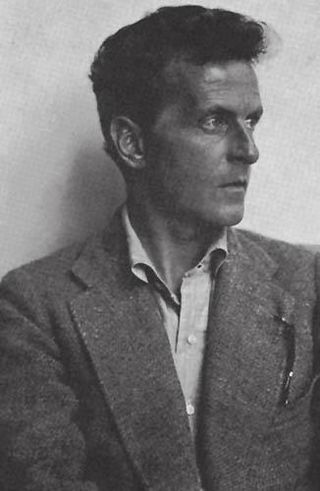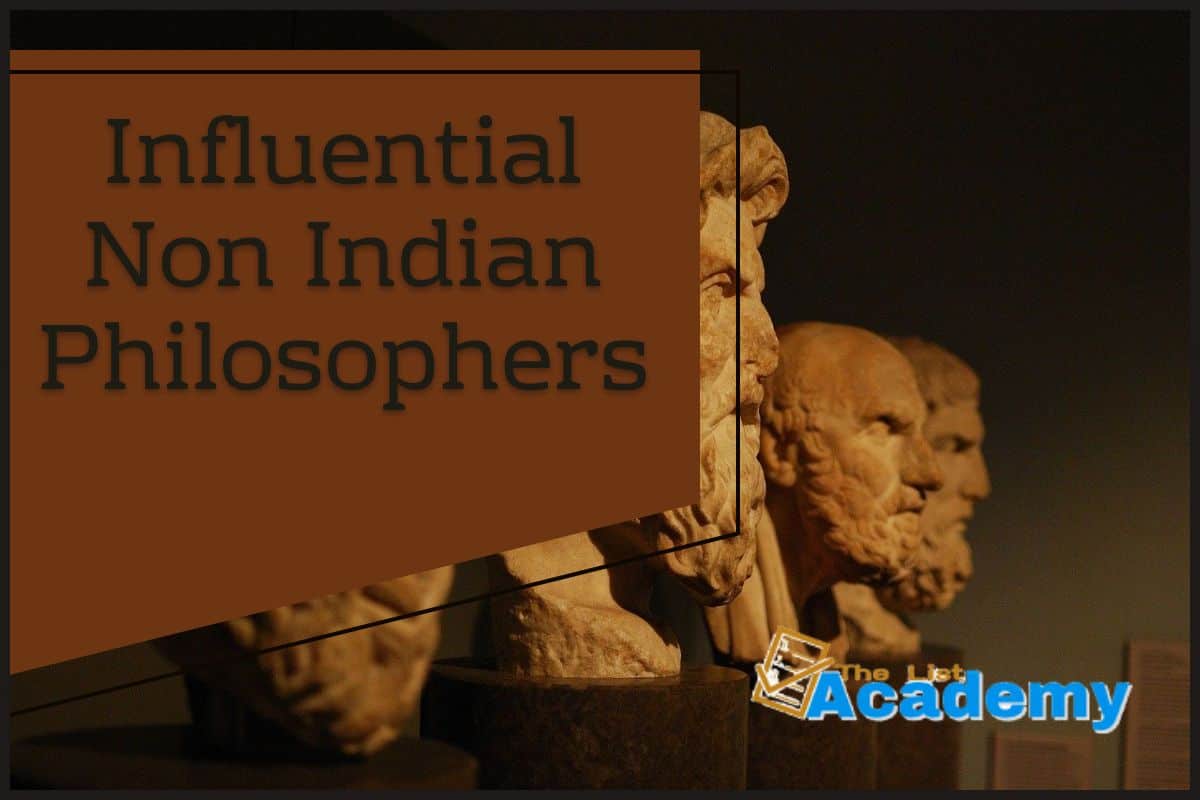
Ludwig Wittgenstein
Ludwig Josef Johann Wittgenstein ( 26 April 1889 – 29 April 1951) was an Austrian-British philosopher who worked primarily in logic, the philosophy of mathematics, the philosophy of mind, and the philosophy of language. From 1929 to 1947, Wittgenstein taught at the University of Cambridge. During his lifetime he published just one slim book (the 75-page Tractatus Logico-Philosophicus, 1921), one article (“Some Remarks on Logical Form”, 1929), one book review and a children’s dictionary. His voluminous manuscripts were edited and published posthumously. The first and best-known of this posthumous series is the 1953 book Philosophical Investigations. His teacher, Bertrand Russell, described Wittgenstein as perhaps the most perfect example I have ever known of genius as traditionally conceived; passionate, profound, intense, and dominating.Born in Vienna into one of Europe’s richest families, he inherited a fortune from his father in 1913. He initially made some donations to artists and writers, and then, in a period of severe personal depression after the First World War, he gave away his entire fortune to his brothers and sisters.
Read More About Ludwig Wittgenstein
Lists containing Ludwig Wittgenstein :
84 Most Influential and Popular Philosophers

Philosophy is a beautiful art of searching for the meaning of life and understanding various elements related to human existence, purpose, and sometimes the universe itself. The term philosophy was coined by Pythagoras in c. 570 – 495 BCE and since then many great philosophers took birth in various parts of the world especially in…
